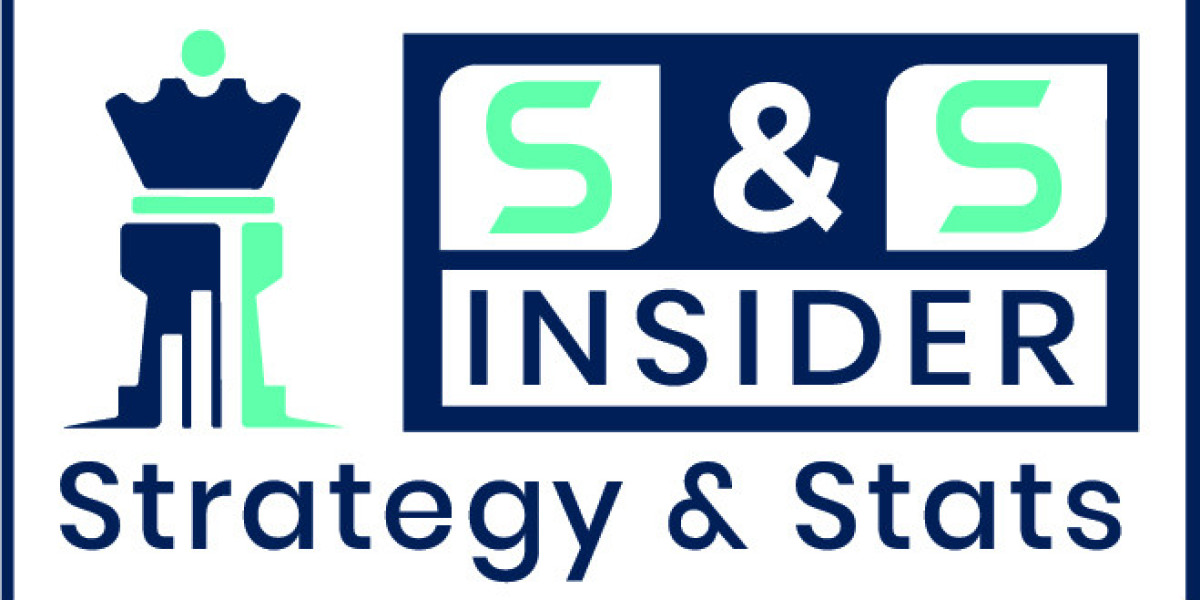The increasing significance of clinical data analytics is making Hamilton, New Zealand, a center for healthcare innovation. There has never been a greater urgent need for sophisticated tools and knowledge to interpret the growing amount of patient data and the evolving healthcare systems. The process of gathering, evaluating, and interpreting medical data in order to promote medical research, optimize operations, improve patient outcomes, and make better decisions is known as clinical data analytics. Clinical data analytics services have become more well-known in Hamilton, assisting nearby healthcare facilities in improved data management, treatment protocol improvement, and patient care. Hamilton is ideally situated to stay at the forefront of healthcare innovations thanks to the existence of university institutions that offer courses like a Doctorate in Clinical Data Analytics.
Clinical Data Analytics' Expanding Use In Healthcare
Healthcare professionals can transform unprocessed patient data into useful insights by using clinical data analytics, a potent tool. Medical records, laboratory testing, diagnostic imaging, clinical trials, and real-time monitoring systems are just a few of the sources from which patient data is typically gathered in a healthcare context. It might be challenging for healthcare practitioners to handle and use this data efficiently due to its enormous amount. In order to make better decisions, clinical data analytics services in Hamilton assist healthcare businesses in analyzing this data utilizing advanced algorithms, prediction models, and visualization tools.
These services are being used more and more by the healthcare sector to enhance patient care and resolve challenging issues. Physicians, nurses, and healthcare administrators may identify trends, forecast future health outcomes, and carry out evidence-based interventions with the help of data-driven insights. Hamilton's healthcare practitioners may improve patient outcomes and lower costs by identifying patients at risk for specific diseases or problems, reducing medical errors, and optimizing treatment regimens through the use of clinical data analytics.
Hamilton's Principal Uses Of Clinical Data Analytics
Early Intervention Using Predictive Analytics
One of the most revolutionary uses of clinical data analytics in Hamilton is predictive analytics. Predictive models can predict future health occurrences and outcomes by examining past patient data. This can involve estimating the likelihood that a patient would experience complications after surgery or develop a chronic illness like diabetes, heart disease, or cancer. By anticipating certain health problems before they arise, medical professionals can take preventative measures and lessen the need for later, expensive, and intense therapies. For instance, healthcare professionals can lower a patient's risk of readmission to the hospital by implementing preventive measures like more regular check-ups or modified treatment plans if data analytics show that the patient is at high risk.
Systems for Clinical Decision Support (CDSS)
Technologies such as Clinical Decision Support Systems (CDSS) use clinical data analytics to help medical practitioners make well-informed judgments. In order to offer real-time insights and recommendations based on the most recent patient data, healthcare companies in Hamilton are progressively incorporating CDSS into their processes. These systems evaluate clinical data, make recommendations for the best course of action based on comparisons with best practice guidelines. Based on the patient's medical history, a CDSS might, for example, suggest particular drugs or notify a doctor of a possible drug interaction. CDSS solutions enhance the general standard of patient care by lowering errors and guaranteeing that treatment plans are followed.
Increasing the Effectiveness of Operations
Enhancing the operational effectiveness of Hamilton's healthcare facilities also heavily relies on data analytics. Numerous operational data sets, such as staff schedules, equipment utilization, and patient admission records, are produced by hospitals, clinics, and other healthcare facilities. By detecting inefficiencies, forecasting patient load, and enhancing resource allocation, clinical data analytics assists Hamilton organizations in streamlining their operations. Data analytics, for instance, can assist hospitals in optimizing their staffing levels so that they have enough medical personnel on hand during busy times, which will shorten wait times for patients and increase patient satisfaction. Hospitals can also lower the danger of overcrowding by better managing their bed capacity through the analysis of data on bed occupancy rates.
Improving Medical Research
Numerous research institutes that support the development of medical knowledge are located in Hamilton. By facilitating the analysis of sizable datasets produced by clinical trials and patient records, clinical data analytics services are essential to the advancement of medical research. Researchers can find trends in the course of the disease, find new patterns, and assess the efficacy of different treatments by examining this data. Clinical data analytics technologies can also assist researchers in finding qualified participants for clinical trials, evaluating trial outcomes, and provide insightful information about the creation of novel treatments and medical equipment. Data analytics is becoming an essential component of Hamilton's healthcare environment as it helps to build a strong medical research ecosystem.
Management of Population Health
In Hamilton, clinical data analytics is also significantly influencing population health management. Healthcare professionals can spot public health trends and carry out focused actions to enhance general community health by examining data from a variety of patient demographics. Clinical data analytics, for instance, can be used to monitor vaccination rates, track the incidence of infectious diseases, and evaluate the results of public health campaigns. Additionally, healthcare organizations are able to pinpoint regions where chronic disease rates are greater than average and create programs specifically designed to meet the requirements of these people. The community's overall health and well-being are enhanced when Hamilton's healthcare practitioners adopt a more proactive approach to illness prevention and health promotion thanks to data-driven insights into population health.
The Function Of Expertise At The Doctoral Level In Clinical Data Analytics
The need for experts in the field of clinical data analytics is increasing along with its significance. Highly qualified personnel that can handle the difficulties of healthcare systems, data protection, and sophisticated analytical methodologies are needed due to the complexity of healthcare data and the demand for sophisticated analysis. Advanced degrees, such as a Words Doctorate in Clinical Data Analytics, are available in Hamilton from institutions like the University of Waikato to give people the know-how and abilities they need to spearhead healthcare data initiatives.
By fusing cutting-edge data science methods with in-depth understanding of healthcare systems and practices, a doctorate in clinical data analytics equips graduates to take on challenging healthcare problems. In order to extract useful insights from clinical data, doctoral candidates study how to manage sizable datasets, create and apply analytical models, and use machine learning and artificial intelligence technologies. These professionals are essential to the development of predictive models, the improvement of healthcare technologies, and the promotion of evidence-based decision-making. Doctorate-level specialists are in great demand as Hamilton's healthcare industry expands because they can take the lead in enhancing patient care, streamlining operations, and promoting medical research.
Hamilton's Clinical Data Analytics Future Prospects
With ongoing technological breakthroughs and a growing healthcare industry, clinical data analytics in Hamilton appears to have a bright future. More data will be available for analysis as wearable technology, electronic health records (EHRs), and real-time patient monitoring systems become more widely used. This will give healthcare providers more chances to make data-driven decisions. The predictive power of clinical data analytics will also be further improved by the integration of artificial intelligence (AI) and machine learning technologies, allowing medical professionals to make even more precise predictions and increase patient outcomes.
Strong academic institutions and an expanding pool of qualified personnel with experience in clinical data analytics will further solidify Hamilton's standing as a hub for healthcare innovation. The city will continue to set the standard for bettering healthcare services both in New Zealand and internationally as long as healthcare providers adopt data-driven strategies.
In Conclusion
In Hamilton, New Zealand, clinical data analytics is transforming healthcare by giving medical professionals the knowledge and resources they need to make better decisions, enhance patient outcomes, and streamline operations. The healthcare industry in Hamilton is growing more patient-centered and efficient with the incorporation of cutting-edge technologies like machine learning, clinical decision support systems, and predictive analytics. Hamilton will remain at the vanguard of healthcare innovation because of the growing need for qualified individuals with clinical data analytics experience, including those with a doctorate in the subject. In addition to enhancing the care of individual patients, Hamilton's healthcare providers are influencing the direction of healthcare more broadly by utilizing data.









